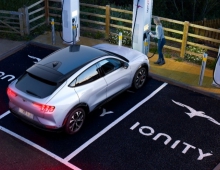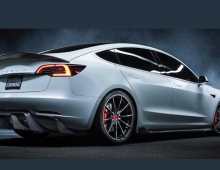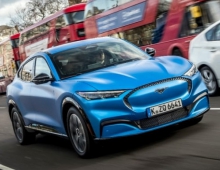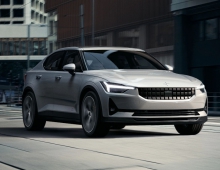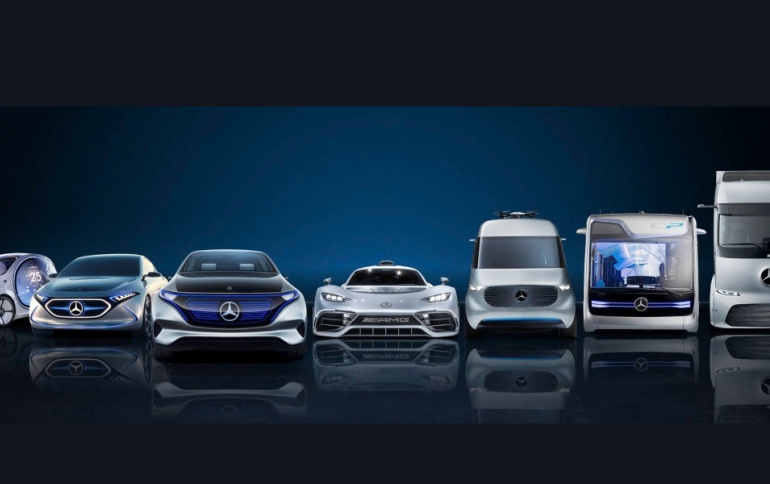
Daimler to Spend 20 Billion Euros in New Battery Cells
Daimler will buy battery cells worth more than 20 billion euros ($23 billion) by 2030 as it is getting ready to mass produce hybrid and electric vehicles.
"Our electric offensive continues to gain momentum. After investing billions of euros in the development of the electric fleet and the expansion of our global battery network, we are now taking the next step: With the purchase of battery cells for more than 20 billion euros, we are consistently pushing forward with the transformation into the electric future of our company. We plan a total of 130 electrified variants at Mercedes-Benz Cars by 2022. In addition, we will have electric vans, buses and trucks," said Dr. Dieter Zetsche, Chairman of the Board of Management of Daimler AG and Head of Mercedes-Benz Cars.
The company is investing ten billion euros in the expansion of the Mercedes-Benz Cars electric fleet and another billion euros in the global battery production network within the worldwide production network.
Daimler declined to say which suppliers would be awarded the contracts, saying that it purchases the cells on the world market. The company already has battery cell supply deals with Korea's SK Innovation, LG Chem and China's Contemporary Amperex Technology.
The global battery production network of Mercedes-Benz Cars will in the future consist of eight factories on three continents. The first factory in Kamenz is already in series production and the second factory there will start series production at the beginning of 2019. Two more factories will be built in Stuttgart-Untertürkheim, one at the company’s Sindelfingen site, and one each at the sites in Beijing (China), Bangkok (Thailand) and Tuscaloosa (USA).
The Mercedes-Benz EQ electric car, set for a 2019 launch, will use battery cells containing 60 percent nickel, 20 percent manganese and 20 percent cobalt, the company said.
Future Mercedes-Benz electric cars will contain batteries using 80 percent nickel and only 10 percent manganese and 10 percent cobalt, it added.
"Our engineers are also working on a ratio with 90 percent nickel, 5 percent manganese 5 percent cobalt in order to reduce the amount of rare earth metals even further," Daimler said, adding it was also working on solid state batteries - which don't require any cobalt - for future products.
Chinese manufacturers use a composition called LFP which has a lower energy density but does without cobalt, while Japanese carmakers use LMO, or lithium manganese oxide, which is used by Nissan and LG Chem.


